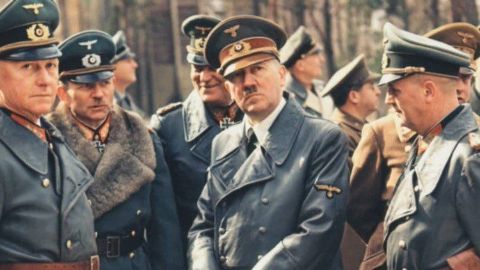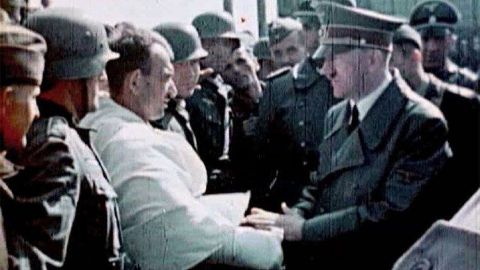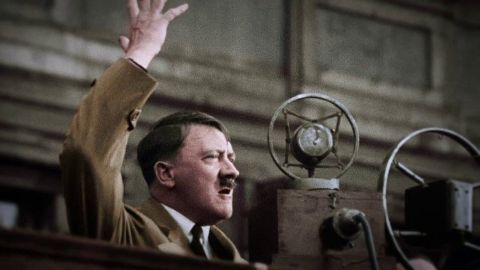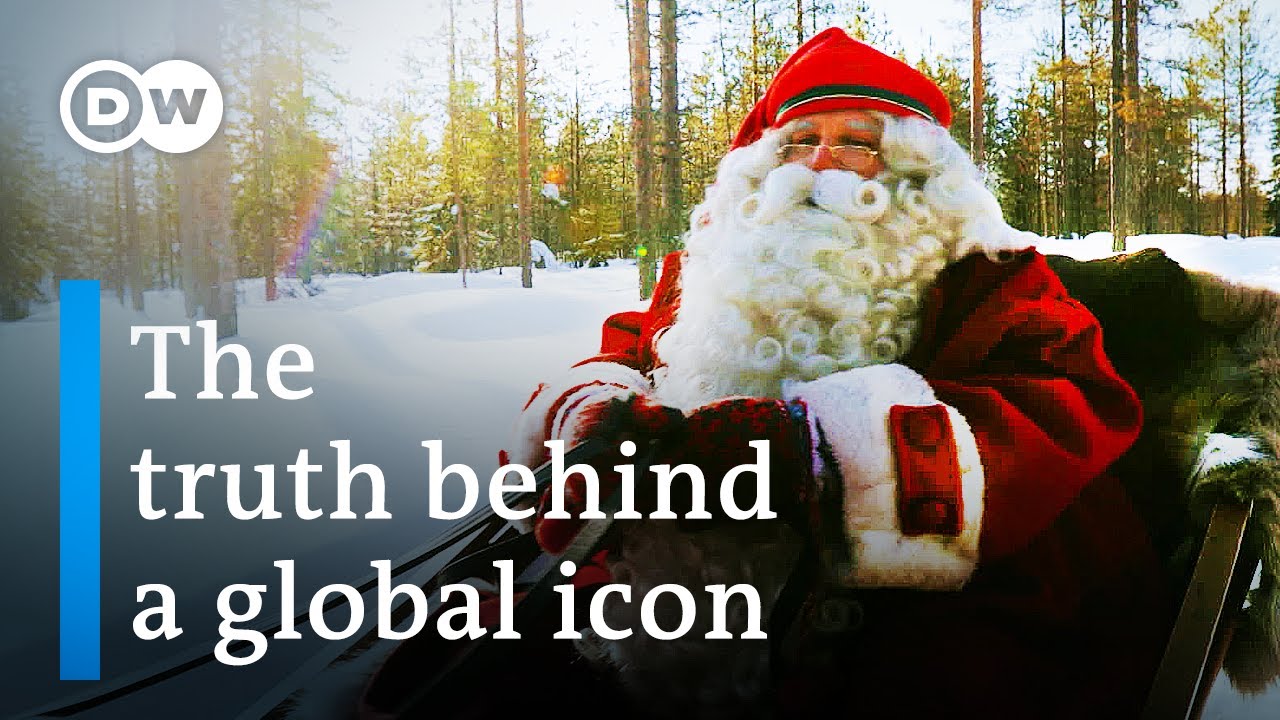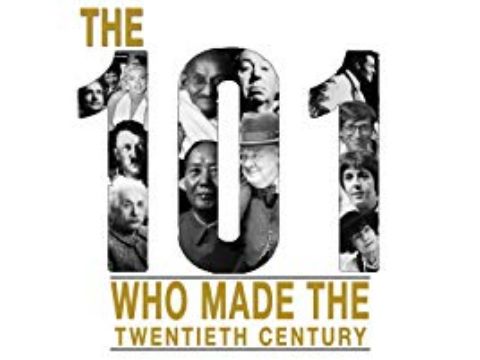The Dark Charisma of Adolf Hitler • 2012 • 3 episodes •
Adolf Hitler is infamous today as a war criminal - arguably one of the worst war criminals in history. Yet during the 1930s he was loved by millions of Germans. How was this possible? In this fascinating series, award-winning historian and documentary maker Laurence Rees examines the background to Hitler's 'charismatic' rule.
2012 • People
Adolf Hitler is infamous today as a war criminal - arguably one of the worst war criminals in history. Yet during the 1930s he was loved by millions of Germans. How was this possible? In this fascinating series, award-winning historian and documentary maker Laurence Rees examines the background to Hitler's 'charismatic' rule.
2012 • People
Adolf Hitler is infamous today as a war criminal - arguably one of the worst war criminals in history. Yet during the 1930s he was loved by millions of Germans. How was this possible? In this fascinating series, award-winning historian and documentary maker Laurence Rees examines the background to Hitler's 'charismatic' rule.
2012 • People
